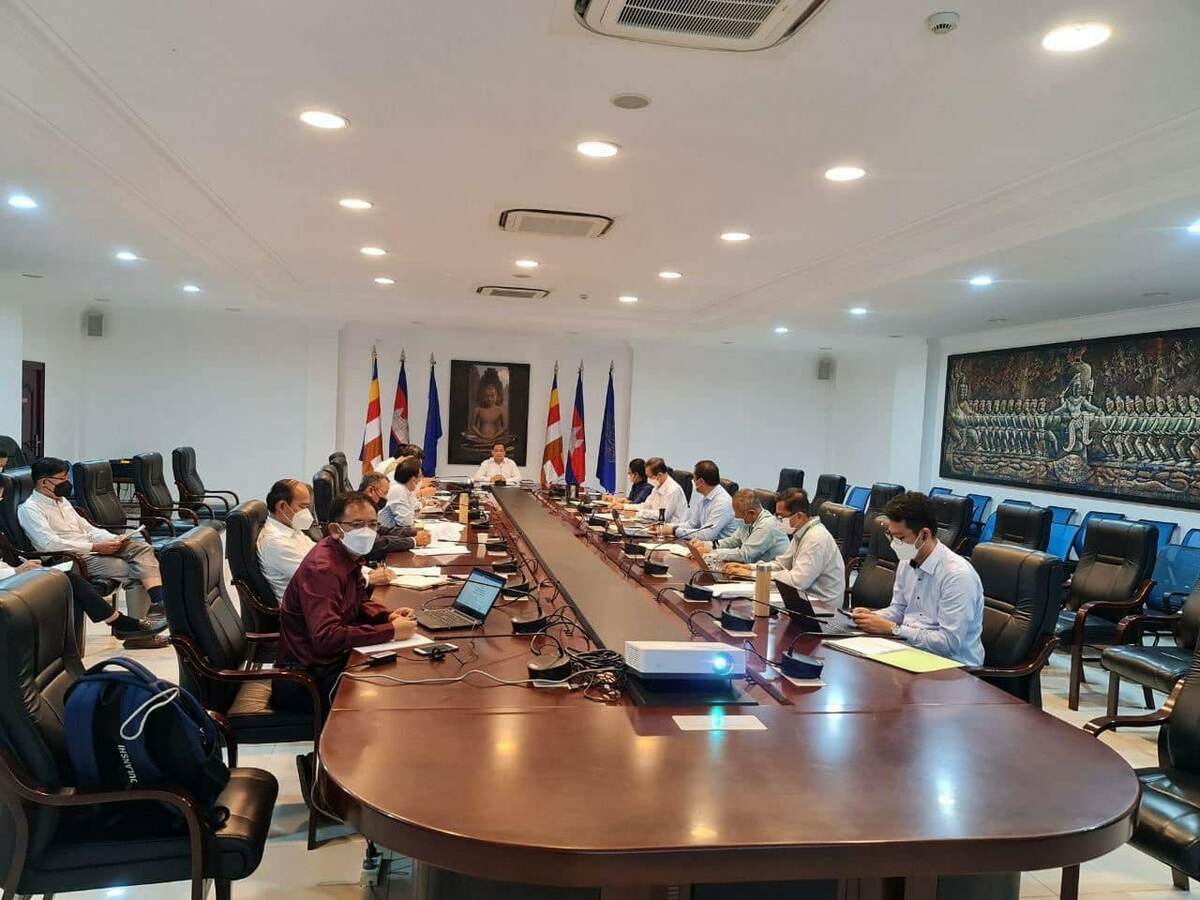PHNOM PENH: Second Vice President of the National Council for Sustainable Development and Secretary of State of the Ministry of Environment Tin Ponlok has stated that the climate change is becoming an increasingly important issue both internationally, regionally and in Cambodia. He was speaking at the opening of the two-day Knowledge Sharing Workshop of the Cambodia Climate Change Coalition Program Phase III in Siem Reap which started on Monday.
The program is aimed to share experiences, demonstrate the best practices and efforts of stakeholders at both the national and sub-national levels on the implementation of climate change response projects. He says that in response to climate change, CCCA3 grants aim to develop approaches and provide technology appropriate to the Cambodian context in response to the priorities highlighted in the Updated NDC and Strategic Plan to Respond to Climate Change.
Ponlok has also emphasized the importance of private sector participation, such as the implementation of 100 renewable energy and the implementation of cross-border carbon adjustment mechanisms. He has requested the CCCA team to study the Outcome and Impact of Project implementation over the past decade related to the formulation of policies, strategic plans and activities, regardless of the level of results. He has thanked Cambodia’s development partners including the European Union, the United Nations Development Program, and Sweden.
Secretary General of the General Secretariat of the National Council for Sustainable Development Van Monineath says the government and its partners prioritize the implementation of climate change activities and discuss strategies to ensure that these grants contribute to institutional capacity building and the creation of successful projects that respond to climate.
























